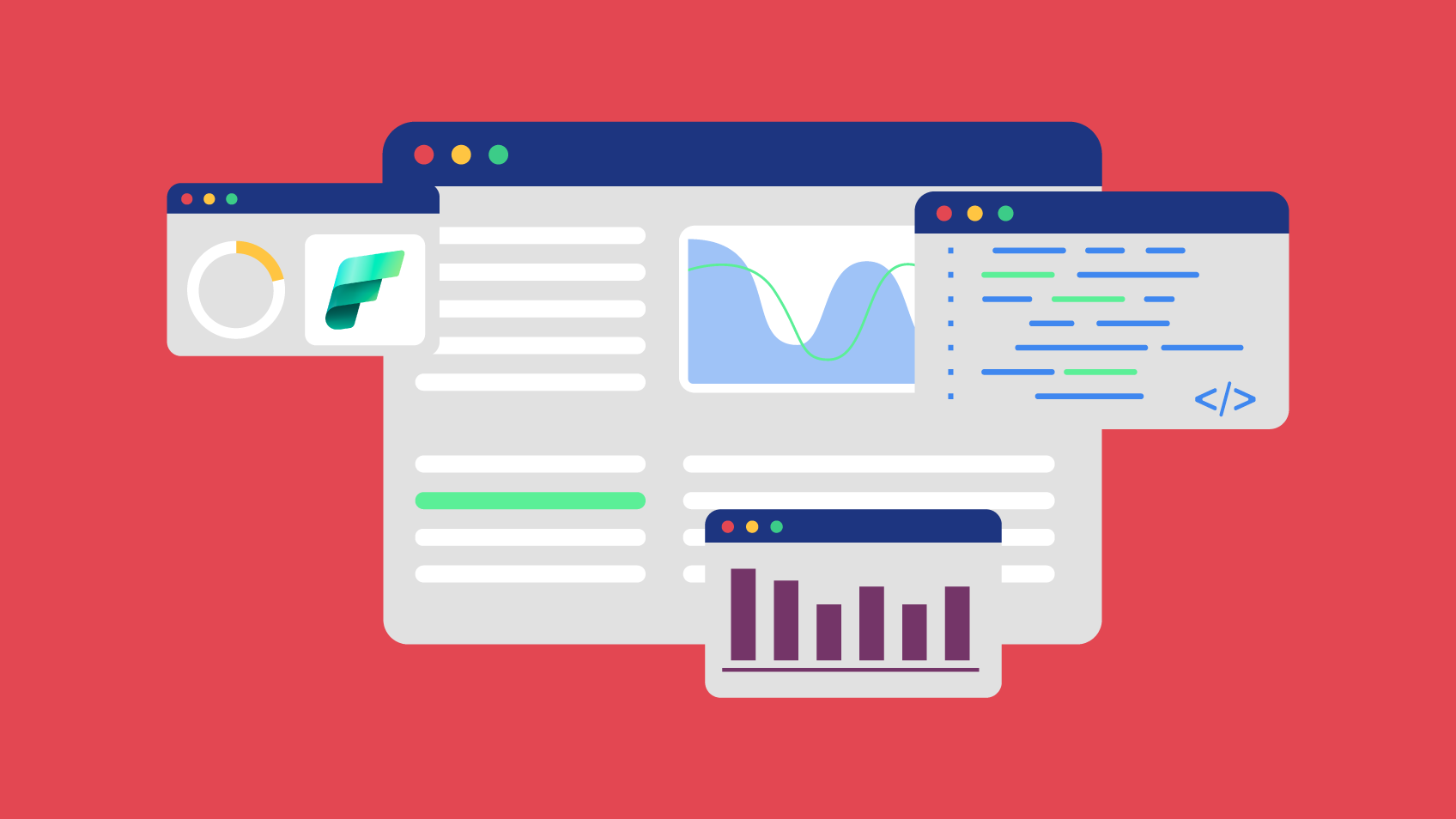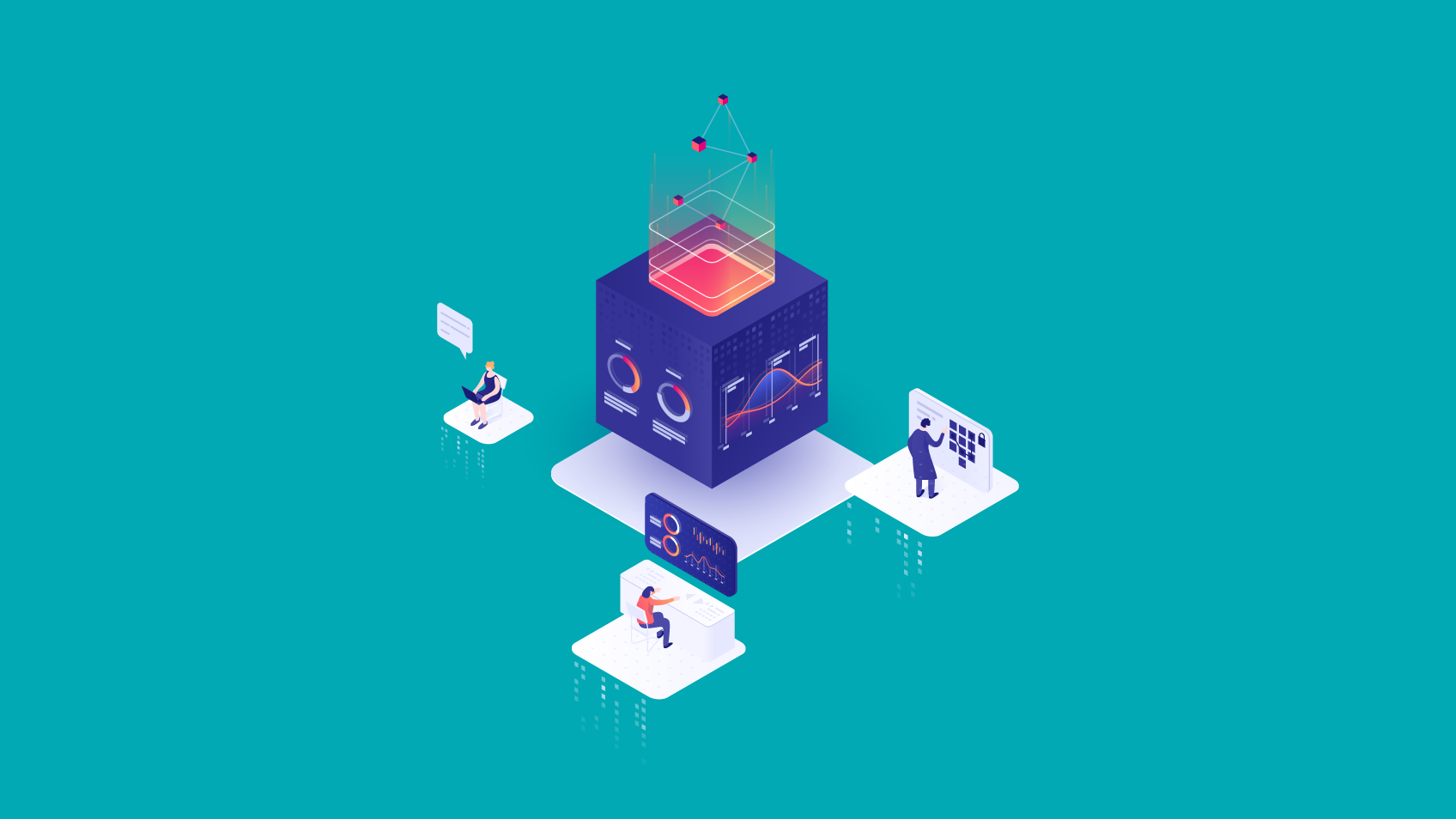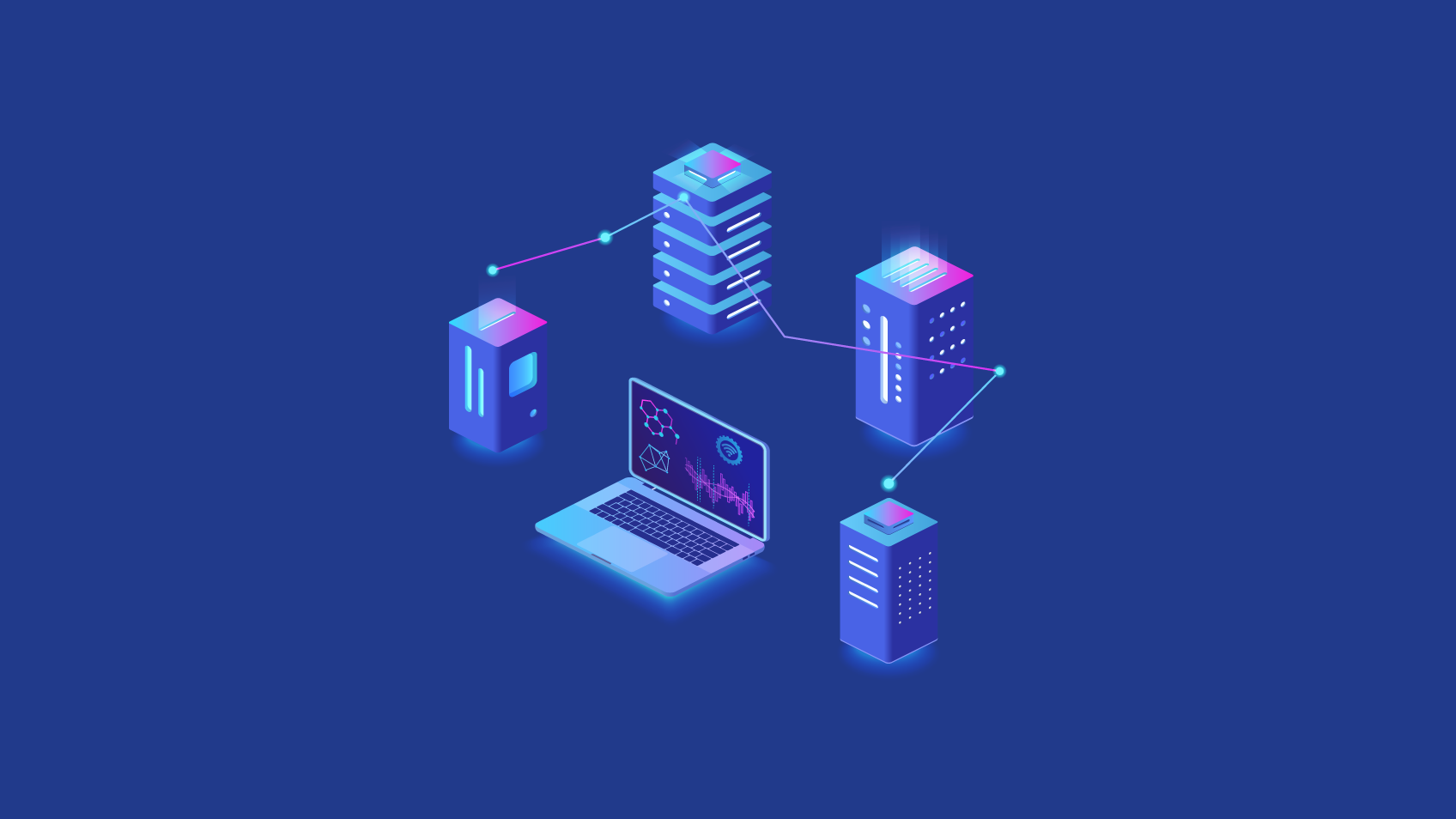When we talk about decision making, we mean a course of action where selections are made from a range of possible scenarios to achieve a goal or solution. Every company is the path it takes, and while there’s no way to predict the future accurately, choosing wisely can have a huge impact. The truth is, behind every company decision there are people under pressure to make good choices using the information they have available at that moment. This means that to develop the best strategies, companies need trustworthy external and internal information to understand what they are dealing with and where they need to make changes. Imagine you are choosing between paper and digital? Rebranding your product or changing its positioning? Increasing your margin percentage or focusing on bringing costs down? Diversifying your offer or creating an extended product? Companies are built on decisions – and so is yours – and how can you make good decisions without good information? How can we ensure that decision-makers, such as C-Level executives, department managers, or even shift managers – people whose decisions have real impact – consistently make good decisions? And the answer is “Business Intelligence”. We’ll explain:
Transparent Data
Through its automated tools and systems, Business Intelligence (BI) can help decision makers by mitigating human error and the generation of inaccurate information. When you have transparent, concise data, your decisions are supported by solid premises. Many BI tools give you the capability to certify data, which enhances the credibility of your decisions.
Forecast trends
Gathering data that monitors company processes is useful for building forecasts that utilise analytics. These can help you decide on resources, strategies or investments by giving you market data such as expected demand or consumer behaviour.
Historical performance on time
With a well implemented BI solution, your company can get real-time insights on historical performance. In this competitive world, deciding fast and well is a distinct competitive advantage. Mitigating losses or making successful comebacks from adversity is something BI can help you potentiate with instant, precise information which you can rely on to implement accurate solutions.
Now we know some characteristics of the impact of BI, let’s talk about four examples where it can help you achieve your company’s goals:
1. Sales & Marketing
Using BI, organisations can explore sales trends or customer buying trends by analysing behaviours, choices and preferences. Comparing these trends against your customer personas, you’ll be able to rearrange your sales strategies, repositioning a product, rebranding, tailoring promotions or campaigns and maximising your engagement strategies to maintain good key performance indicators (KPIs) and leverage bad ones.
2. Inventory
The benefits of BI in supply chain management are well known. The supervision achieved by a BI solution can aid you avoid excess stock and exorbitant costs incurred from storing items unnecessarily. Management of items that have been in stock for a long time and get overlooked is another strength you can capitalise on. Furthermore, by analysing a product’s ordering pattern, you have the ability to build new strategies for that product and alter prices to achieve a better profit margin.
3. Finance
Finance is one of the most important subjects for an organisation. BI gives you the ability to analyse financial reports better. You are able to see current outgoing and incoming figures and compare them against past performances or benchmarks in order to develop financial strategies based on a precise financial status where KPIs can be easily accessed.
4. Executives
When a BI solution and a strong data-driven culture are properly implemented, executives can rely on the information that BI gives them. All the KPIs, forecasts, financial reports and statistical facts generated in visualisations and dashboards can support decisions about the future of your company to achieve growth and success or mitigate the impact of unexpected crises. Furthermore, this kind of information enables you to make well-informed decisions and act to improve overall performance.
Pensamentos finais
Decisions are made every day. Bad ones, good ones – but all of them build a company. We are what we choose to be and the companies we own are just as those running them choose them to be on a larger scale, supported by the spectre of individual choices. We know how important BI is to company decision-making, and the benefits a data-driven culture brings. Our Data Innovation Journey explains the steps you’ll need to take to achieve this, making everything clear and providing help along the way that you can always count on to aid your company to achieve its best. We strongly believe in the potential of BI to be the right ally to aid you with decision-making, because after all, it’s all about the data.

Data Engineer – Xpand IT















